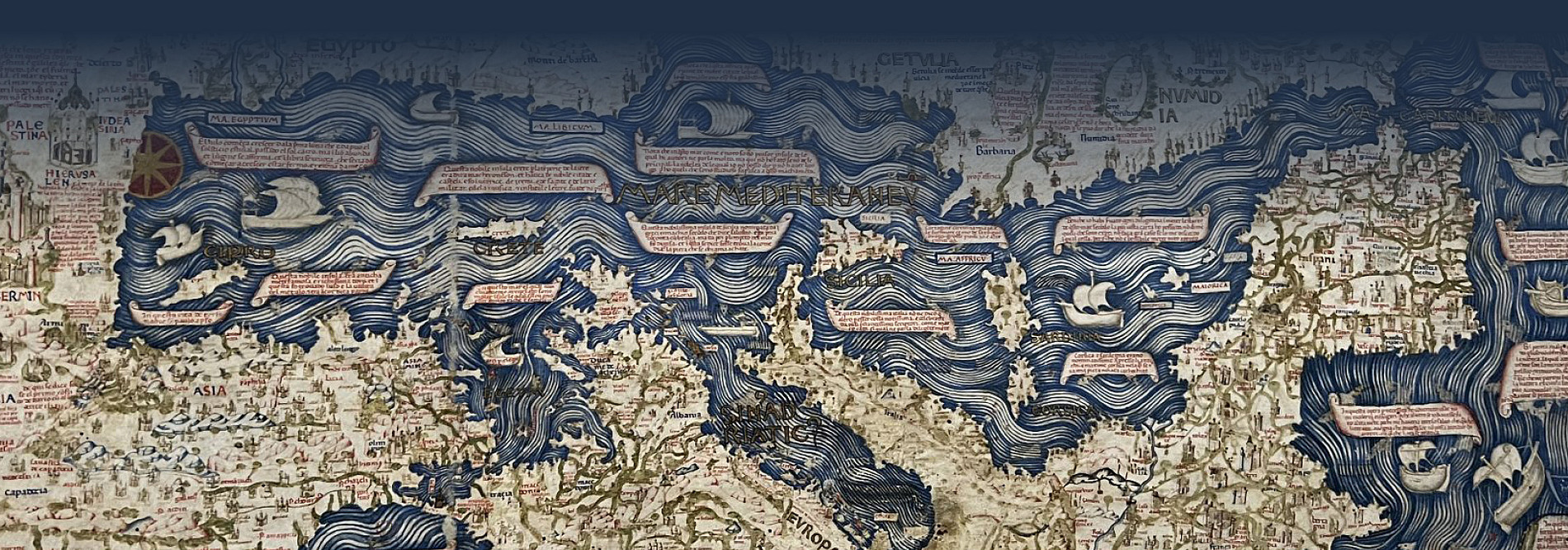The Mediterranean is a central place for the European identity. It is a place where the most important problems and questions of the present are manifested, and which can trigger the liveliest associations and discourses. For most Austrians and for many other Europeans, the Mediterranean is the preferred holiday region, enticing them with beaches, cultural sights, and attractive cuisine. At the same time, it is a hot spot of migration, which is why it is at the centre of crucial political questions of the present: How should we deal with migration, how much should our European societies open up or close off? Moreover, the Mediterranean region is not only part of Europe, but also belongs to the Global South: like other countries of the South, most of the Mediterranean countries are confronted with multiple economic, political, and ecological problems. At the same time, however, the Mediterranean has often been seen as a model for the peaceful and productive coexistence of very heterogeneous cultures, so that it has always had a utopian aura. All these different, sometimes contradictory facets of the Mediterranean have produced disparate Mediterranean discourses and representations that have exerted and still exert a great fascination on scholars and artists, thinkers and culture enthusiasts from all over the world.
The core research area Trans-Mediterranean Entanglements. Movements and Relations in the Mediterranean and beyond brings together the Mediterranean research at the Faculty of Humanities in order to promote interdisciplinary exchange. The ambitious goal is to develop innovative new concepts and methods and thereby enrich international Mediterranean research. The focus is also on promoting young researchers, as innovative developments are often initiated and pursued in the longer term by younger colleagues. A fellowship programme, intensive networking with foreign institutions, a publication series and public events are further measures which on the one hand deepen international exchange and on the other hand enable the public to participate in the research results.
As the title of the core research area already suggests, the focus of Graz Mediterranean research is on a global perspective: The borders of the Mediterranean are not given by geography but are historically contingent. This means that they change in the course of history, as do the contents of the concept of the 'Mediterranean'. The Mediterranean is also closely related to the global developments to which it contributes and through which it is shaped.
All three clusters are closely interlinked in terms of both research questions and personnel in order to ensure the greatest possible coherence of the whole.
